
By Our Reporter
Prime Minister KP Sharma Oli has once again signed annual performance agreements with his ministers, a practice he introduced in his earlier tenure to speed up infrastructure projects and improve service delivery. The agreements, however, have increasingly been seen as little more than political theatre.
At the signing ceremony in Singha Durbar, Oli urged ministers to pursue what he called “epoch-making” tasks. He listed targets such as methane gas production in Dailekh, buffalo farming for export to China, promotion of organic farming, regulating social media, building senior citizens’ centers, organizing the national sports tournament on time, completing Kirtipur cricket stadium, and preparing for a new stadium in Bhaktapur. He also pressed for progress on major projects like the Kathmandu–Tarai Fast Track, Sunkoshi–Marin and Bheri–Babai hydropower schemes, railway expansion, and even using Nepal’s orbital slot in space.
Despite such ambitious pledges, performance agreements in practice have lacked follow-up and accountability. There is no systematic evaluation of whether commitments were met, leaving the process looking like a ceremonial exercise. Compounding this, several ministers themselves face controversy: General Administration Minister Raj Kumar Gupta was forced to resign after a bribery scandal, Land Management Minister Balaram Adhikari has come under fire, and Law Minister Ajay Chaurasiya has been accused of interfering in the judiciary.
Former bureaucrats argue that without proper administrative culture and minimum conditions, performance agreements cannot deliver. Ex-secretary Govinda Kusum points out that successful countries first ensure clarity of responsibility, authority, resources, and working conditions.







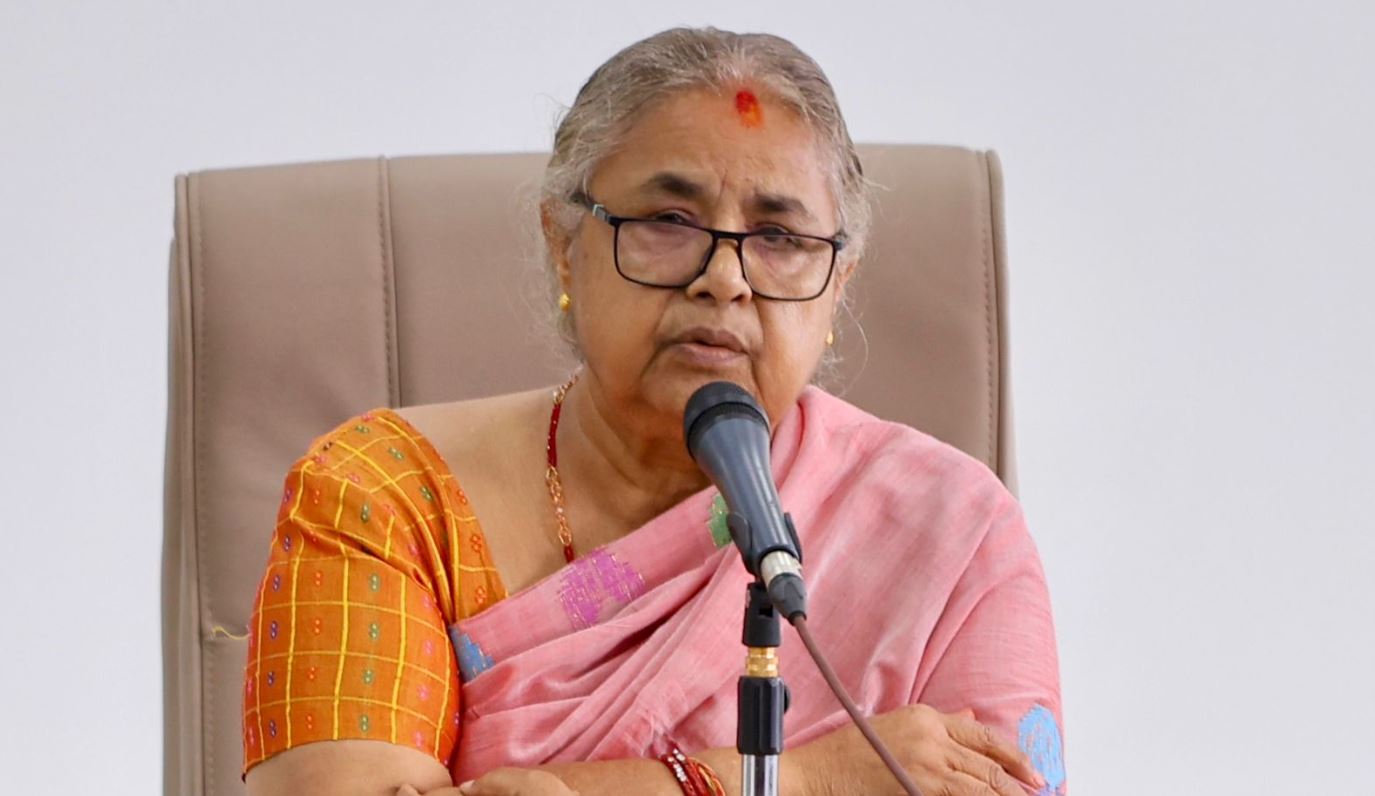
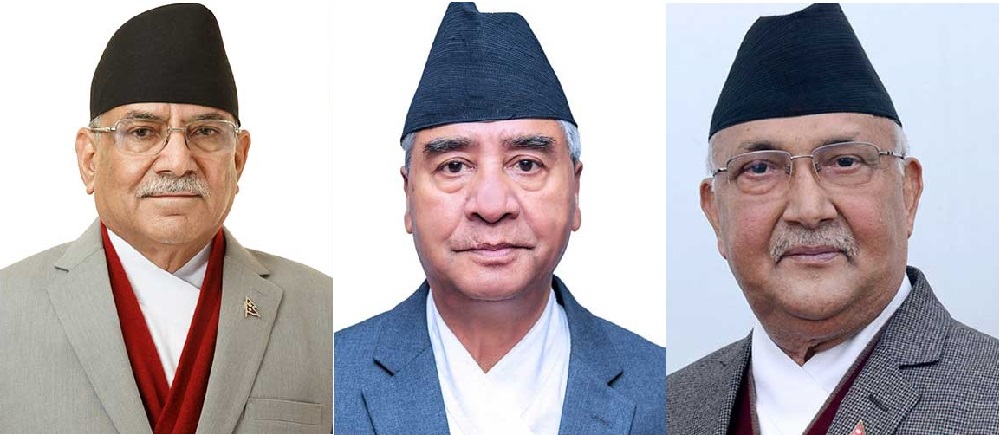


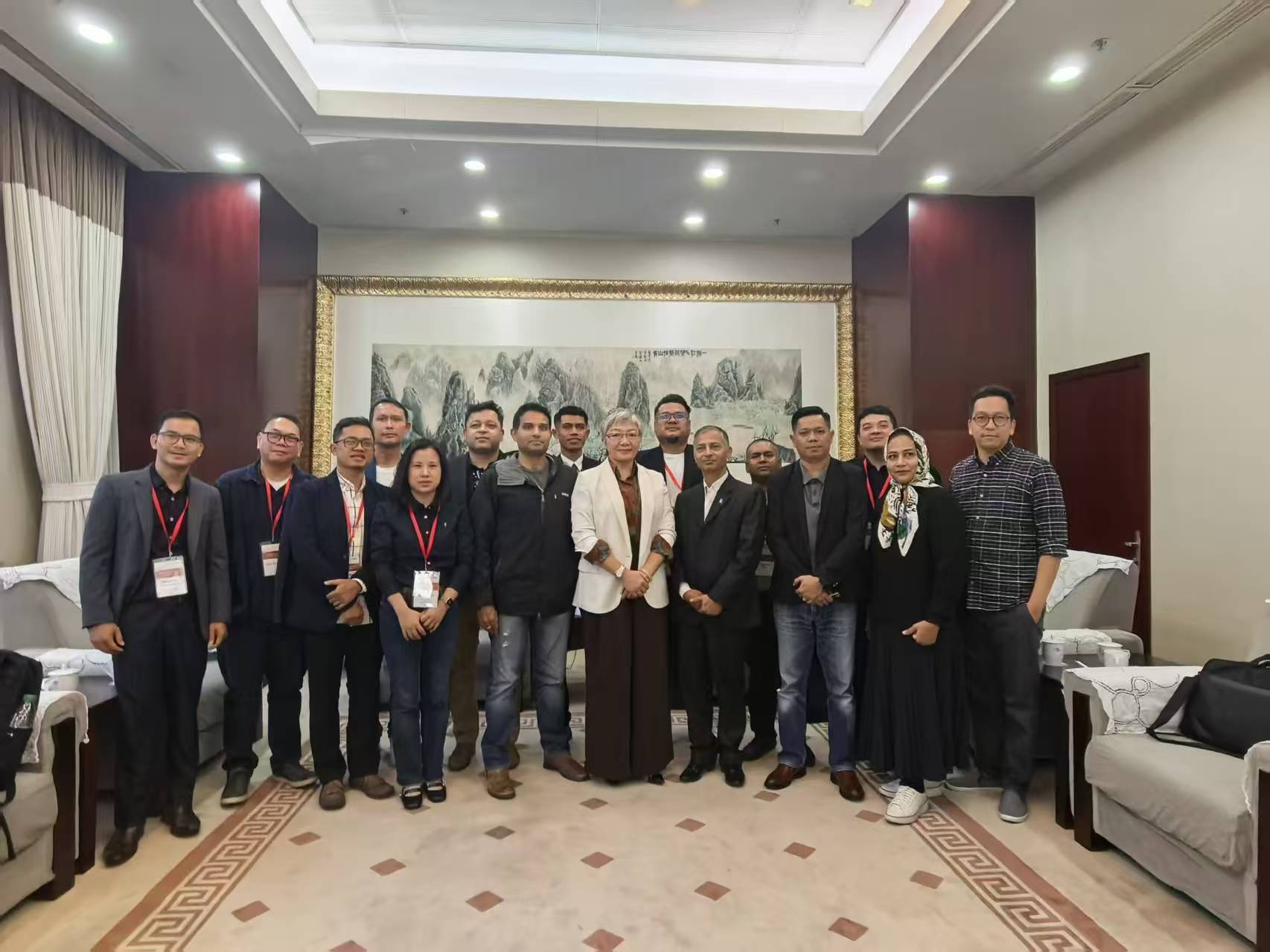



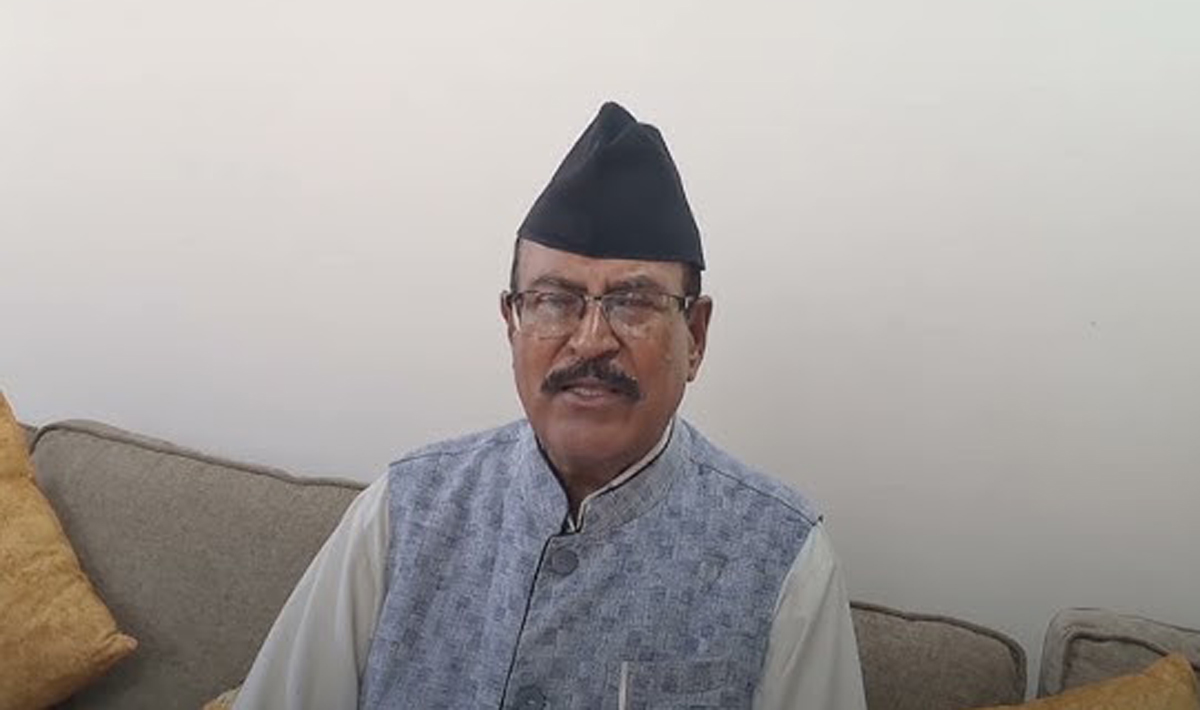
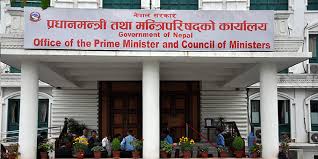
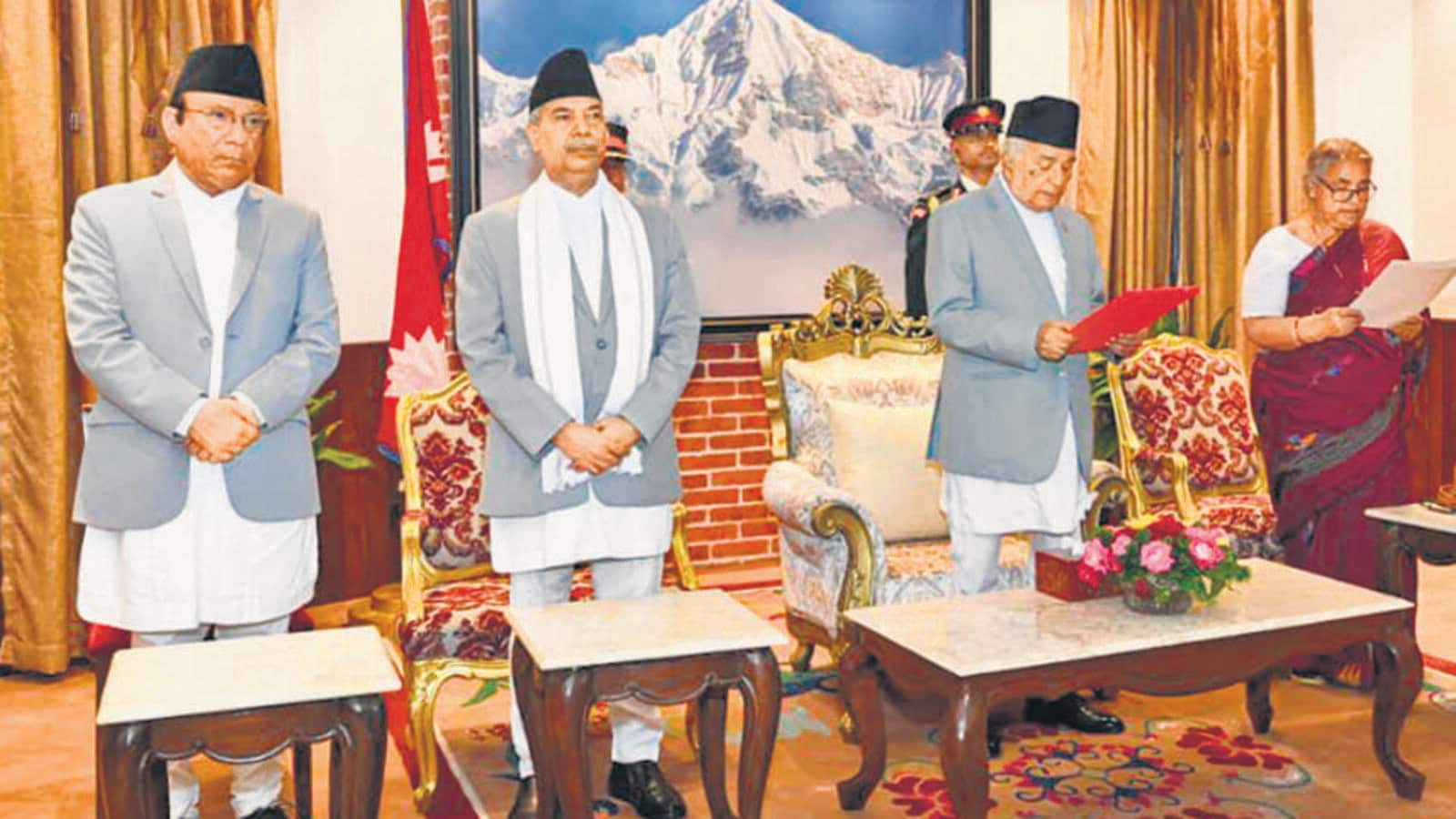
Comments:
Leave a Reply